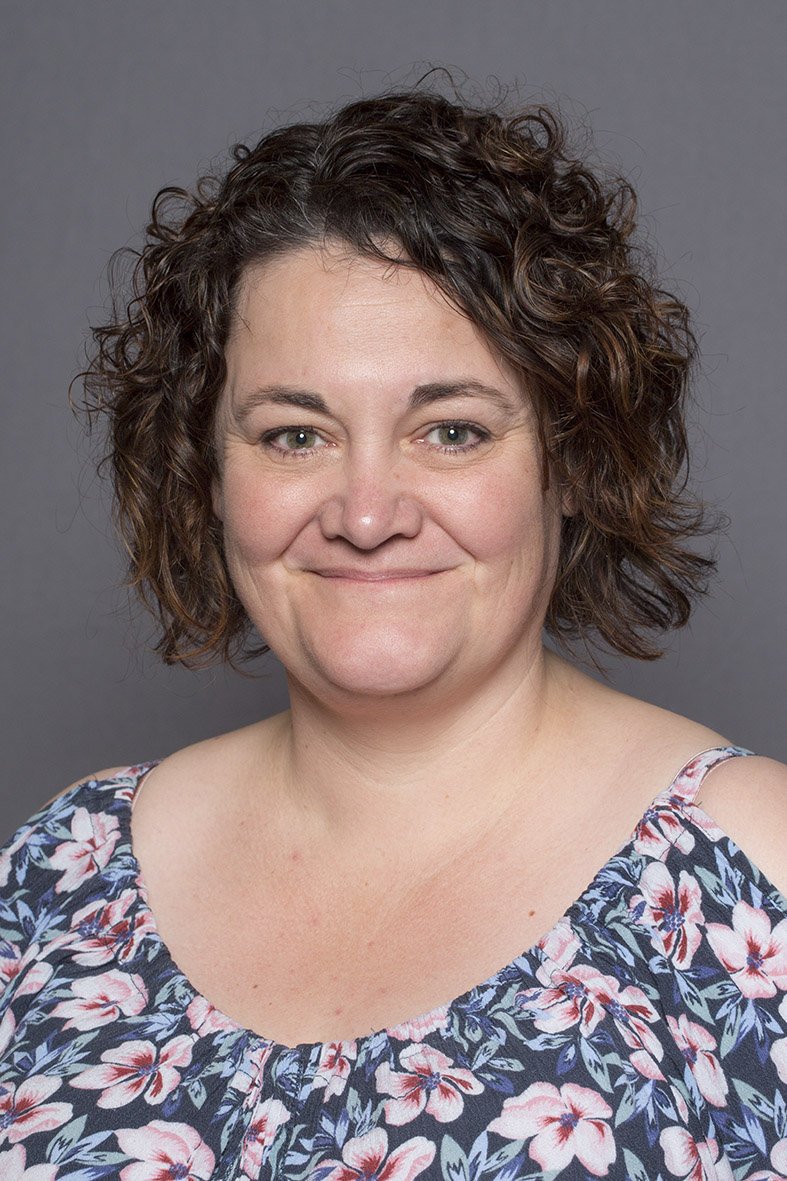How embedding cultural responsiveness in the APS can improve policymaking

Services Australia employee Lisa Conway is a Sir Roland Wilson Pat Turner scholar, whose research explores the application of cultural responsiveness to policy design and decision-making within the Australian Public Service. She says cultural responsiveness could improve service delivery for all minority groups in Australia.
The concept of cultural responsiveness is often utilised in allied health settings, and prompts individuals to understand their own culture in order to better serve people from other cultures.
Centrelink social workers are currently required to undergo cultural responsiveness training, which has been developed by Yorta Yorta woman Lisa Conway. But Conway wants cultural responsiveness to be applied across the APS. She is currently researching how exactly to do that as part of her PhD.

Cultural responsiveness would allow the APS to go beyond the usual cultural awareness and ethical decision-making training, and could improve policies and service delivery, Conway tells The Mandarin.
“[The APS doesn’t] have this skill called cultural responsiveness, which is about not just understanding other people’s culture, like Indigenous culture, it’s about understanding your own culture and how that impacts your interactions and your biases and assumptions,” she says.
“At the moment, when we want our staff to be able to design and implement policy, we give them cultural awareness training, which is to teach them a lot more about Indigenous culture.
“But what I’m focusing on is actually based on non-Indigenous culture, the culture of the bureaucracy, and how I actually think we need to know more about that, and apply this model called cultural responsiveness. I think that will actually lead to better decisions.”
The APS currently tends to assume that all Aboriginal people, for example, do things in a certain way, despite there being hundreds of unique Aboriginal nations across the country. The current approach also fails to consider factors that can impact upon interactions with customers, like power imbalances.
Conway recounts how years ago, when she was a heavily pregnant young woman in need of support, she entered a Centrelink office in Shepparton. A concerned staff member had asked her if she would like to see a social worker.
“In their view, that was a nice offer. Whereas because of my experiences — because it was a non-Indigenous person working in government — I took it as a threat. My response was, ‘Nobody is taking my kid off me’,” she says.
In the case of Conway’s experience, she may have felt safer if the Centrelink staffer had offered her support without using the term ‘social worker’, which may have negative connotations for Aboriginal people.
So it’s about having an understanding of how somebody might experience that interaction and what you bring … It’s about understanding the power imbalances and their cultural understanding of things.
Don’t ignore the termites
Embedding cultural responsiveness across the APS would benefit all minority groups in Australia, as it would prevent public servants from making broad assumptions about someone else’s culture, or subscribing to stereotypes. Conway notes that some APS strategies and initiatives focus solely on Indigenous culture, which can unintentionally frame issues as Indigenous problems. There needs to be more focus on the ‘self’, she says.
“I think that for 60,000 years Aboriginal and Torres Strait Islander people were coping just fine on their own, and all the issues that they face now, they’re not cultural issues, they’re issues that have been brought in because of colonisation,” she says.
“Say you had this great house and it was built beautifully and it was going well, and then it got termites and it all rotted away. Well, you wouldn’t ignore the termites that caused the problem, and just come in and study how to [build] strong foundations, because the termites are still going to be there. So you actually need to study the termites.”
For example, if the recent APS Workforce Strategy were more culturally responsive, it wouldn’t have used stereotypical icons to represent groups of people when presenting statistics on workforce demographics, Conway notes.
The strategy places an icon of a black person next to the statistic on the percentage of Indigenous people in the workforce, while a person in a wheelchair is displayed next to the statistic on workers with disabilities. Conway says this can perpetuate harmful stereotypes.
“One of the greatest things they’re trying to overcome in government, for example, is the understanding that mental health is a disability and you can’t always see it. And yet we’ve put somebody in a wheelchair [to represent] a person with a disability,” she says.
“And we’re trying to break the stereotype that skin colour is a part of Aboriginal and Torres Strait Islander people, but they put a black person up [to represent them].
“That’s showing their biases are coming through, and they don’t even see it.”
Cultural responsiveness in the APS: Where to begin?
While cultural responsiveness can lead to more effective policies and services, embedding it across the APS will require all of the players within government to be influenced, Conway says. But how?
Public servants at every level must learn to adapt their thinking process so that, before they make a decision, they first reflect on their experiences and consider whether they have any biases that could impact their decision.
“So the first step, I think, is to find a way to hold the mirror up and show them that a bureaucracy is a culture, and it’s not impartial,” Conway says.
“So we need to embrace that and work with what we have, and not pretend that it’s impartial — it’s actually representative of white culture. And then from there, we need to train the people.”
‘We have to find ways to engage people better’
Conway joined the APS because she had undergone career counselling at Centrelink. Career test results had suggested she would be suited to the role of social worker, which she thought was “ironic” because, at the time, she was “not a fan” of social workers.
However, the more she studied social work, the more it resonated with her.
“For me, it just all made sense. And it helped me understand how people get stuck in cycles of violence. And it just helped me understand my whole life. It was like a big self-help course,” she says.
I look back on that day, when I got offered a social worker’s help, and think that working with the right person who engaged me in the right way could have changed my life even earlier. And so I’m really passionate about that. We do have a lot of good tools to help people, but we have to find ways to engage them better.
Working for Services Australia for the past 15 years has provided Conway with many opportunities, much needed stability, and a drive to improve the APS.
She has completed the first of three years in her research, and recently received the Pat Turner Prize. The prize is awarded to the Sir Roland Wilson Pat Turner scholar who has made the greatest contribution to public policy in the past year, particularly through strengthening the links between the APS and The Australian National University or Charles Darwin University.
Through the scholarship, high performing Aboriginal and Torres Strait Islander APS employees are supported to undertake their postgraduate studies while receiving their full salary.
Conway feels “so lucky” to have been given the opportunity to wholeheartedly pursue something that she has been working on for some time.
I love the idea of doing a PhD, but without that scholarship I would never have had that opportunity. So it’s really opening a door for people like myself to be able to push out these ideas.
The APS has a predominantly non-Indigenous culture, so Indigenous people may feel like they could lose themselves if they pursue a career in government. Conway has encouraged these prospective public servants to remember that the APS needs to hear their diverse voices.
“I guess my advice would be to ride that wave, to learn what it takes to be a good public servant that can get further up the path, but don’t lose who you are. Hang on to who you are because ultimately, that’s what you really are there for,” she says.
“Diversity is not assimilation. It’s not about trying to act like a white public servant, it’s about bringing your people, walking with your ancestors, and your job there is to bring your diversity, to bring that diverse perspective.”
This article originally appeared in The Mandarin.




